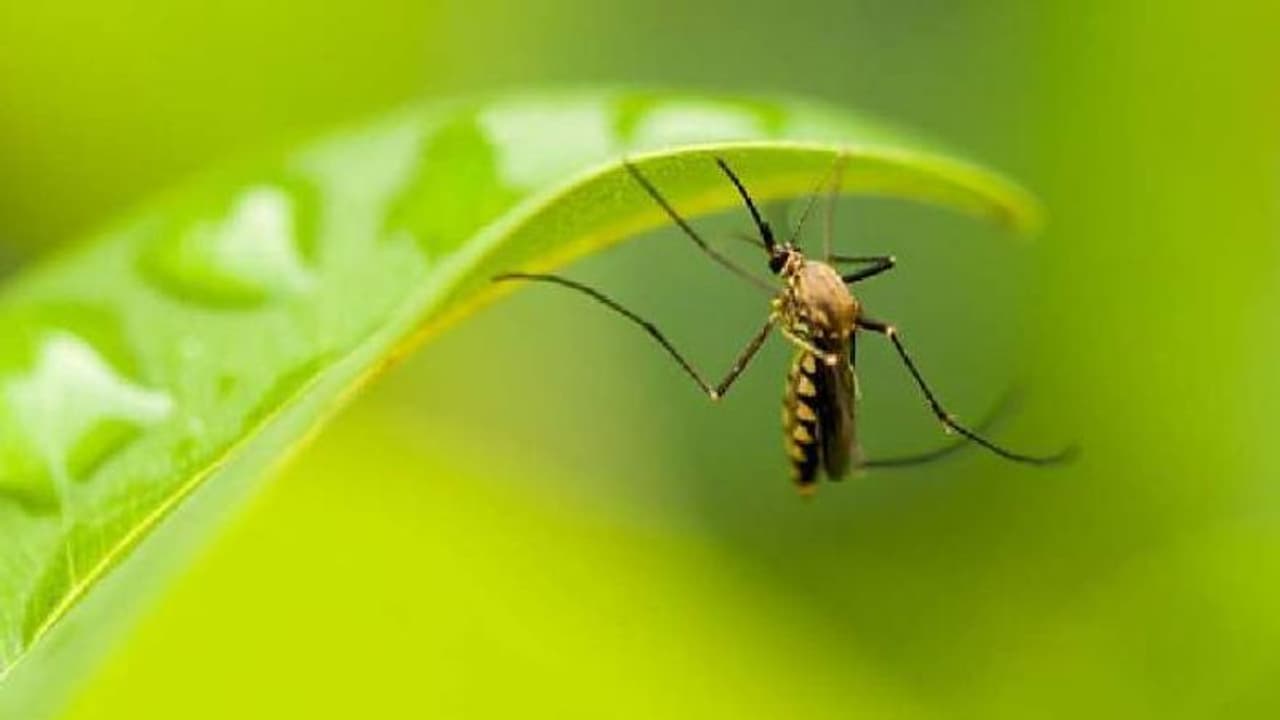Dengue cases are likely to rise soon with the start of seasonal rains in Latin American countries like Cuba, Chile and Costa Rica, as well as the South Asian countries of India and Pakistan
Jakarta: To slow the spread of the coronavirus, governments issued lockdowns to keep people at home. They curtailed activities that affected services like trash collection. They tried to shield hospitals from a surge of patients.

But the cascading effects of these restrictions also are hampering efforts to cope with seasonal outbreaks of dengue, an incurable, mosquito-borne disease that is also known as “breakbone fever” for its severely painful symptoms.
Southeast Asian countries like Singapore and Indonesia have dealt with concurrent outbreaks of dengue and coronavirus this year. In Brazil, where there are over 1.6 million COVID-19 infections, at least 1.1 million cases of dengue have been reported, with nearly 400 deaths, according to the Pan American Health Organization.
Dengue cases are likely to rise soon with the start of seasonal rains in Latin American countries like Cuba, Chile and Costa Rica, as well as the South Asian countries of India and Pakistan.
Dengue typically isn’t fatal, but severe cases may require hospitalization. Prevention efforts targeted at destroying mosquito-breeding sites, like removing trash or old tires and other objects containing standing water, are still the best ways to curb the spread of the disease. But coronavirus-era lockdowns and other restrictions have meant that these efforts have been reduced or stopped altogether in many countries.
In north-western Pakistan, plans to disinfect tire shops and markets that had dengue outbreaks in 2019 were shelved due to funds being used for the coronavirus, said Dr Rizwan Kundi, head of the Young Doctor’s Association.
Health workers who would destroy mosquito-breeding sites in India’s capital of New Delhi are also screening people for the virus.
Having to identify thousands of virus cases has meant that dengue surveillance has suffered in many Latin American countries, added Dr Maria Franca Tallarico, the head of health for the Americas regional office of the International Federation of Red Cross and Red Crescent Societies.
Experts say that disrupting such prevention efforts is ominous for the global battle against dengue.
The World Health Organization (WHO) says 2019 was the worst year on record for dengue cases, with every region affected, and some countries were hit for the first time.
Aedes aegypti, the mosquito that spreads dengue, is most prevalent in cities, and experts warn that increased urbanisation and warming temperatures due to climate change means that its range will keep increasing.
Experts say that while reduced travel means fewer opportunities for mosquitoes to bite people with dengue to become carriers themselves, the coronavirus pandemic has introduced other variables.
Staying home, one way to slow outbreaks of COVID-19, especially in cities, poses greater risks for spreading dengue, said Singapore’s National Environment Agency (NEA). That’s because the Aedes mosquito bites during the day, and with more people staying home, where mosquito populations are high, the more likely they are to be bitten.
(With inputs from agency)
